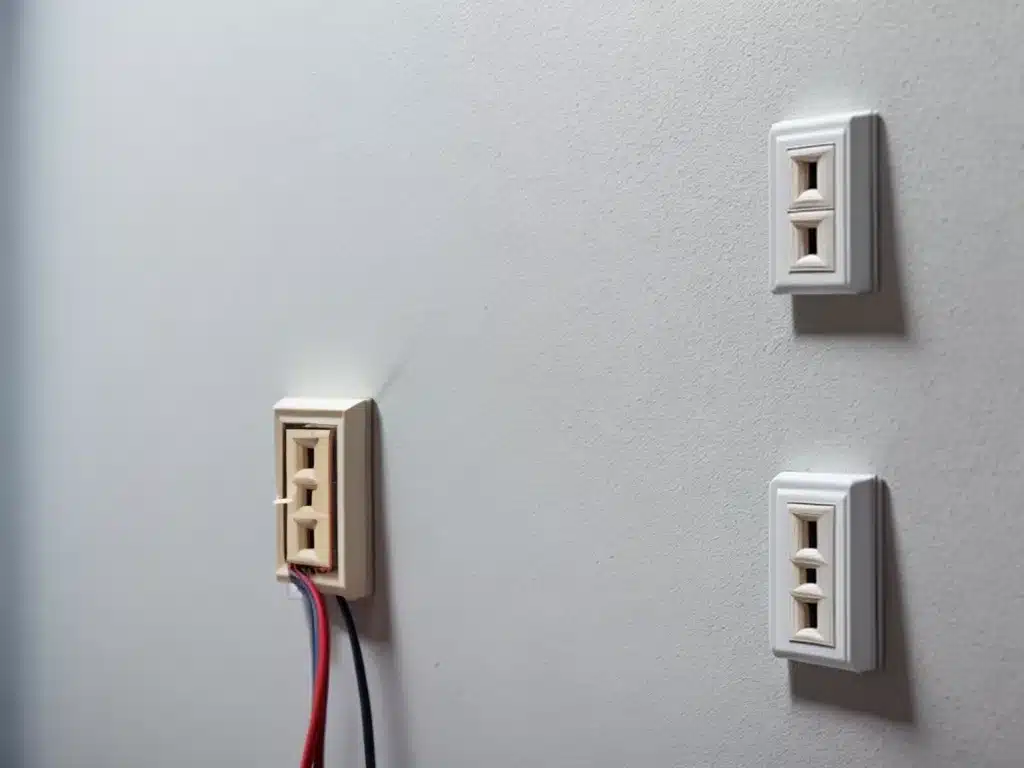
How to Prevent Electrical Fires Caused by Faulty Wall Outlets
Electrical fires caused by faulty wall outlets can be dangerous, but there are steps you can take to help prevent them. As a homeowner, being aware of potential electrical hazards and addressing them proactively is the best way to protect your home and family.
Inspect Outlets Regularly
-
I should inspect all electrical outlets in my home on a regular basis, at least twice a year. Paying close attention to outlets that are loose, damaged, warm to the touch, or discolored.
-
Outlets with any of these warning signs could be faulty and prone to causing electrical fires. It’s important to catch these issues early before they become a serious hazard.
-
When inspecting outlets, I should turn off the circuit breaker to that outlet first as a safety precaution. Use an outlet tester or multimeter to check for faults that I may not be able to see visually.
-
If I notice any outlets that concern me during the inspection, I should contact a licensed electrician right away to have them replaced. It’s not worth risking my safety to delay repairs.
Use Outlet Covers
-
Childproof outlet covers are an easy way to help prevent fires and protect curious kids. Inserting outlet covers over unused outlets blocks access to the electrical contacts.
-
I should install tamper-resistant outlets which have a built-in shutter system to prevent foreign objects from being inserted. This adds an extra layer of protection.
-
Outdoor outlets or outlets in bathrooms and kitchens around water sources should have weatherproof covers and GFCI (ground fault circuit interrupter) outlets.
-
These specialty outlet covers safeguard against electrical shorts that could spark fires.
Don’t Overload Outlets
-
Overloading outlets by plugging in too many appliances can easily lead to overheating. I should avoid plugging more than one high-wattage appliance into a single outlet at once.
-
Power strips and surge protectors should not be daisy chained together, as this can also overload an outlet.
-
Extension cords are intended for temporary use only. If an outlet cannot comfortably accommodate my electrical needs, I should have a licensed electrician install additional outlets.
-
Signs of overloading include flickering lights, frequent tripped breakers, and outlets or plugs that are hot to the touch. These indicate potentially hazardous wiring issues.
Have Outlets Professionally Inspected
-
If my home is outdated, I should have a licensed electrician inspect the electrical outlets and panels. They can check that the wiring is up to current safety codes.
-
Outlets that have not been modernized can be fire hazards, especially if they lack safety features like GFCIs. Upgrading to meet modern electrical codes can prevent fires.
-
Electricians can also fix any loose, damaged, or incorrectly wired outlets they find during inspections. It’s worth investing in preventative electrical maintenance.
-
For added peace of mind, I should follow the electrician’s recommendations for adding more outlets or circuits to avoid overloading. Their expert advice helps keep my home safe.
Being vigilant in watching for warning signs of electrical issues, overloading outlets, and using outlet covers shows I’m serious about fire safety. Taking preventative action helps protect my home from the risk of fire.
